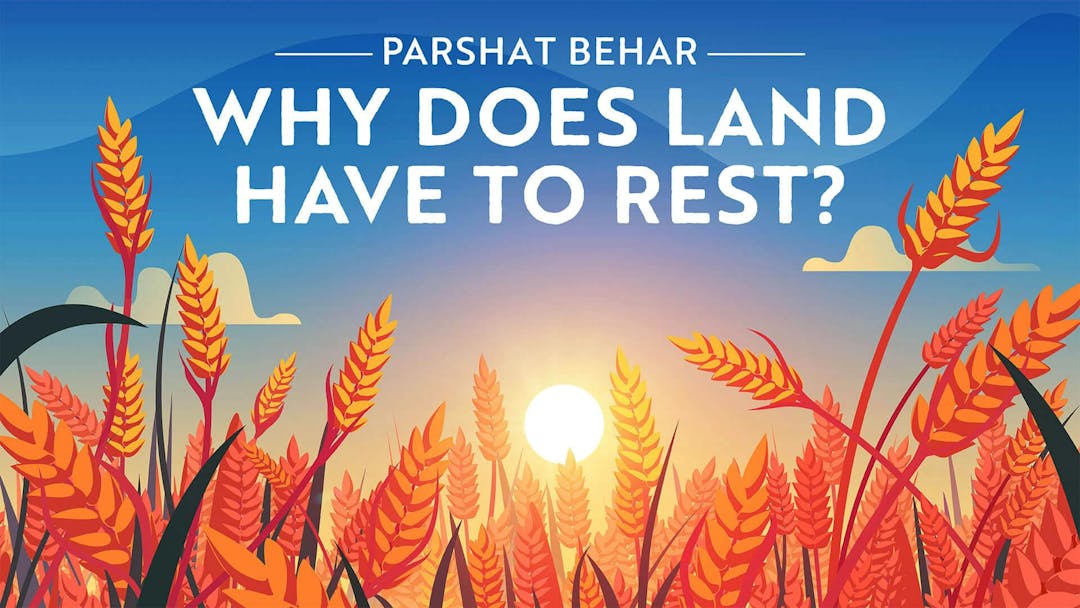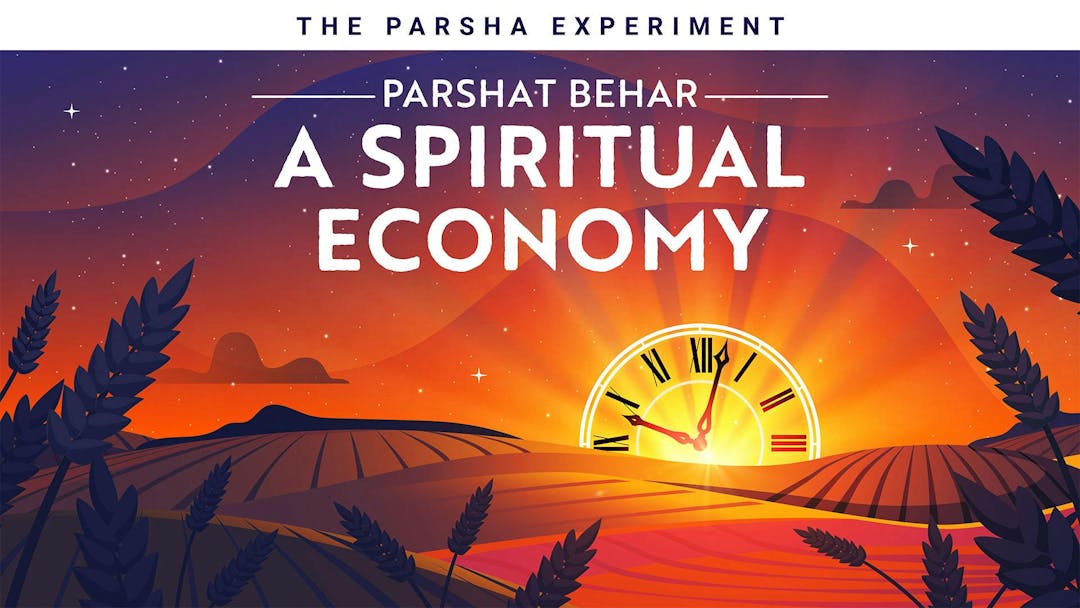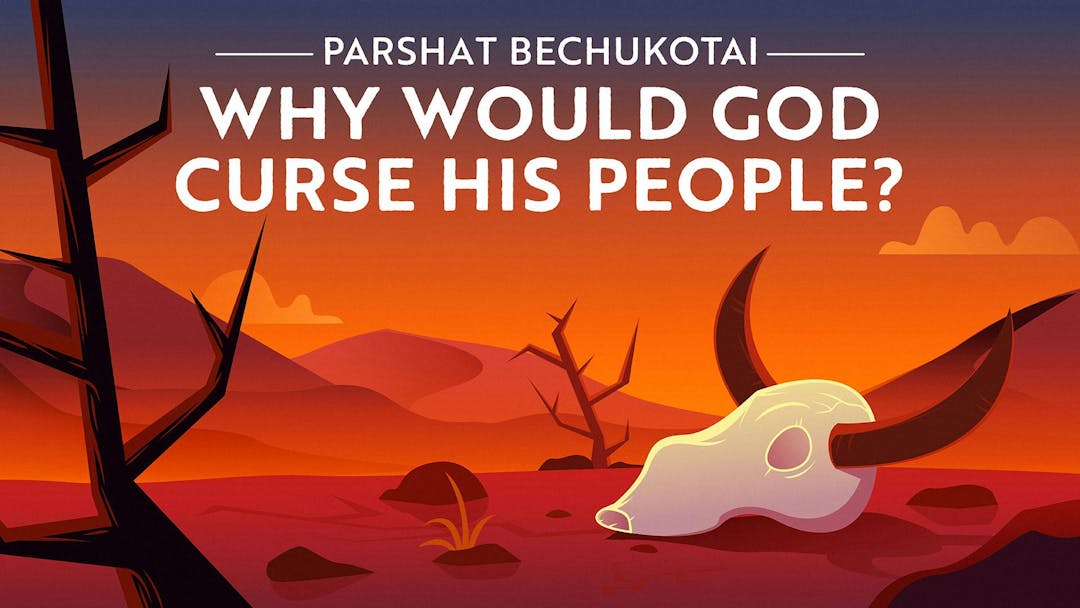Start your free trial today to unlock the full library and enjoy unlimited and uninterrupted access.
Get StartedThe Epic Conclusion To Leviticus
How Does The Structure Of Leviticus Reveal Its Meaning?
Here we are, finally, at the end of the Book of Leviticus. We've gotten through all those details about sacrifices and purity and holidays — which were not so easy to keep track of! — and that second-to-last chapter with all those curses — that was downright uncomfortable. But we've made it through, and now, we're ready for the inspiring conclusion. What did Leviticus teach us? Will we get a clue as to how to understand the overall meaning of Leviticus?
Surprise! Turns out the epic conclusion is our free guide on how to be an appraiser!??
That’s right. The whole final chapter of Leviticus deals with the laws of eiruchin, appraisals – how much you owe if you pledge the worth of a man, or a cow, or a parcel of land to God.
Not what you were expecting? Feel like maybe you missed the big punchline, the grand finale, of what the Book of Leviticus really means? Well, maybe it’s because you did: it’s actually in chapter 16, right in the middle of the book.
Not sure how that works? Then you're going to want to watch this video, in which Imu and David explain the structure, and the deeper meaning, of the Book of Leviticus.
Watch Rabbi Fohrman's Acharei Mot video mentioned in this parsha.
Want to watch the full video for free?
Enter your email and we’ll send you a link to watch the full series free.
What is Aleph Beta?
Aleph Beta is a unique kind of Torah library. Led by our founder, Rabbi David Fohrman, we are dedicated to high-level, textual Torah learning for adults that is intellectually and spiritually sophisticated, that enlivens your Jewish practice and helps you forge a deeper connection to God. Whether you’ve been learning in yeshiva for years or you’re just beginning your Torah journey, you’re sure to find something meaningful and surprising waiting for you here.
Browse our library of over 1,000 beautifully produced animated videos, podcasts, deep dive courses, and printable guides. Topics include the weekly parsha, Jewish holidays & fast days, laws & mitzvot, prayers, relationships, big philosophical ideas and more. Have something to say at the Shabbos table that will amaze your family and guests and bring deep meaning into their lives.












